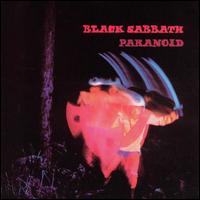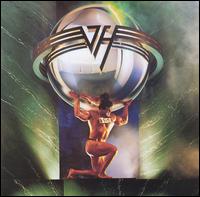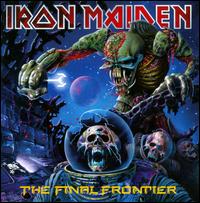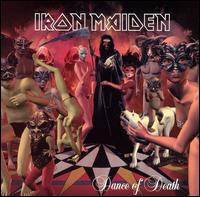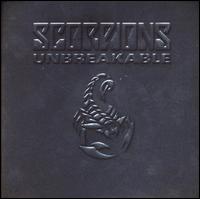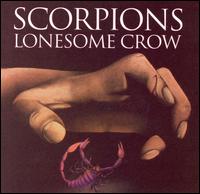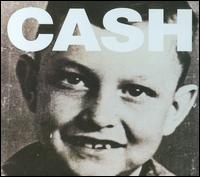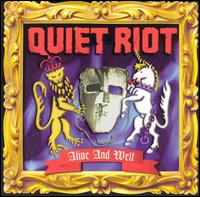Now Playing: The Sea of Memories (2011)
Topic: Bush
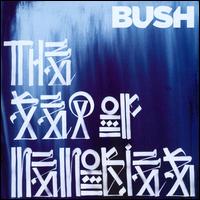
It's been a full decade since alternative-rock band Bush has released a studio album - and even then, it wasn't particularly well receieved. So after a ten year hiatus for the Bush moniker, Gavin Rossdale returns with a fairly new lineup (except that he retained the original Bush drummer), and the new arrival is not without its flaws.
Rossdale has kept busy and in the spotlight over the past decade despite no new Bush material, as he has gotten married to Gwen Stefani, worked on a solo album, had a somewhat forgettable side project called Institute, and also has had some successful acting gigs as well. Gavin Rossdale is a very likeable star, talented in many feilds, so it was refreshing to see him return with the band that essentially put him on the map. Unfortunately, the album, The Sea of Memories, is not quite the statement I thought it should have been.
Perhaps Rossdale was not intending to make a tremendous splash or statement with his comeback Bush album - maybe he just wanted to release a new, strong record and just get the wheels in motion again. If that is the case, then The Sea of Memories succeeds. It doesn't sound dramatically different than their previous material and it doesn't take a new direction. It has a familiarity to it, but it doesn't sound like a rehash either. Though while it does have a fair share of strong tunes, it has several odd stumbles. For instance, "The Afterlife" and the apparent Gwen Stefani homage "She's A Stallion", while sweet with intent, are just unlistenable. However, it also features some triumphs like "The Sound of Winter", and the surprising closing ballad "Be Still My Love." Rossdale's voice still sounds as great as ever, and as a fan of Bush's previous work, I take solace in that fact.
As a songwriter, Gavin Rossdale has always striked me as one who is uncompromising - someone who has a particular vision and looks to attain within his own unique ability. That contention is on full display here as many of the songs have a distinct Bush-like flow to them that I've come to expect, and I completely respect his expression here. Sometimes it works better than others as I have explained, but I am glad that Rossdale has stuck to his guns.
Ultimately I was hoping for a truly great album. To my dismay, that did not happen. With that said, I still enjoyed The Sea of Memories, and would recommend it to alternative rock fans as it is still a worthwhile listen. One other critic put it very well when he said that, and I am paraphrasing, but who would be clamoring for a Bush record ten years after their break up? I suppose that critic has a point as their popularity has certainly seemed to dim over the years, but, they still got it for the most part even after such a lengthy absence. Hopefully this album becomes something of a stepping stone into a brighter future for this very enjoyable band led by the ever talented Rossdale.
Track Highlights:
"The Sound of Winter"
"Be Still My Love"
"The Heart of the Matter"
"The Mirror of the Signs"
"Red Light"
-Kurt L.
_______________________________________________________



